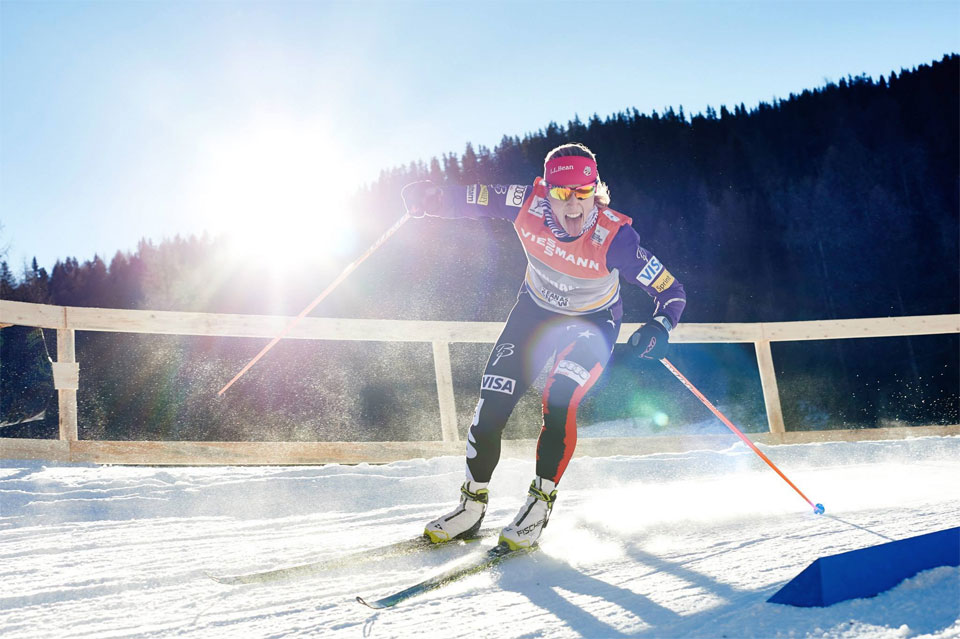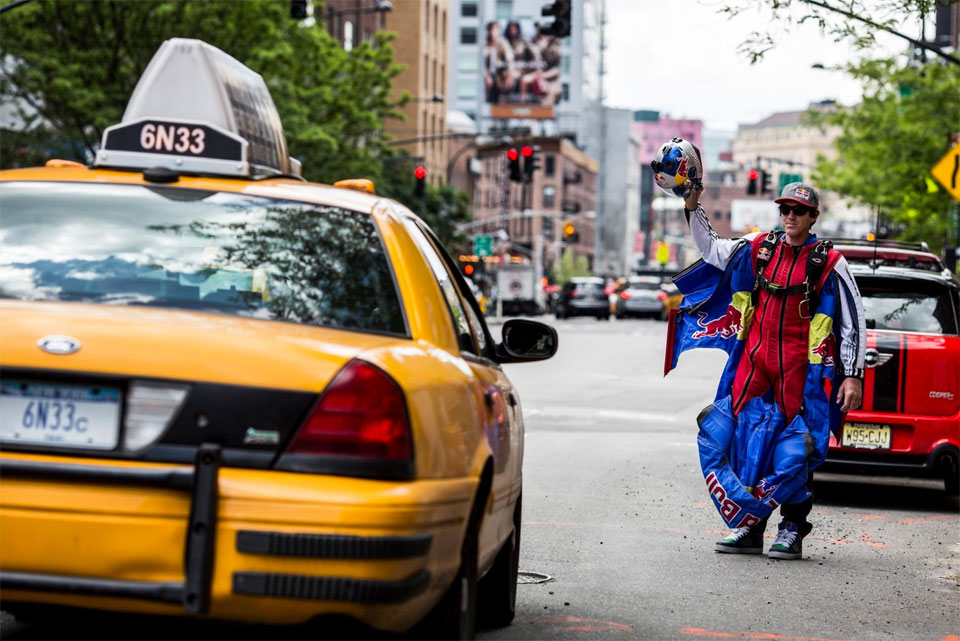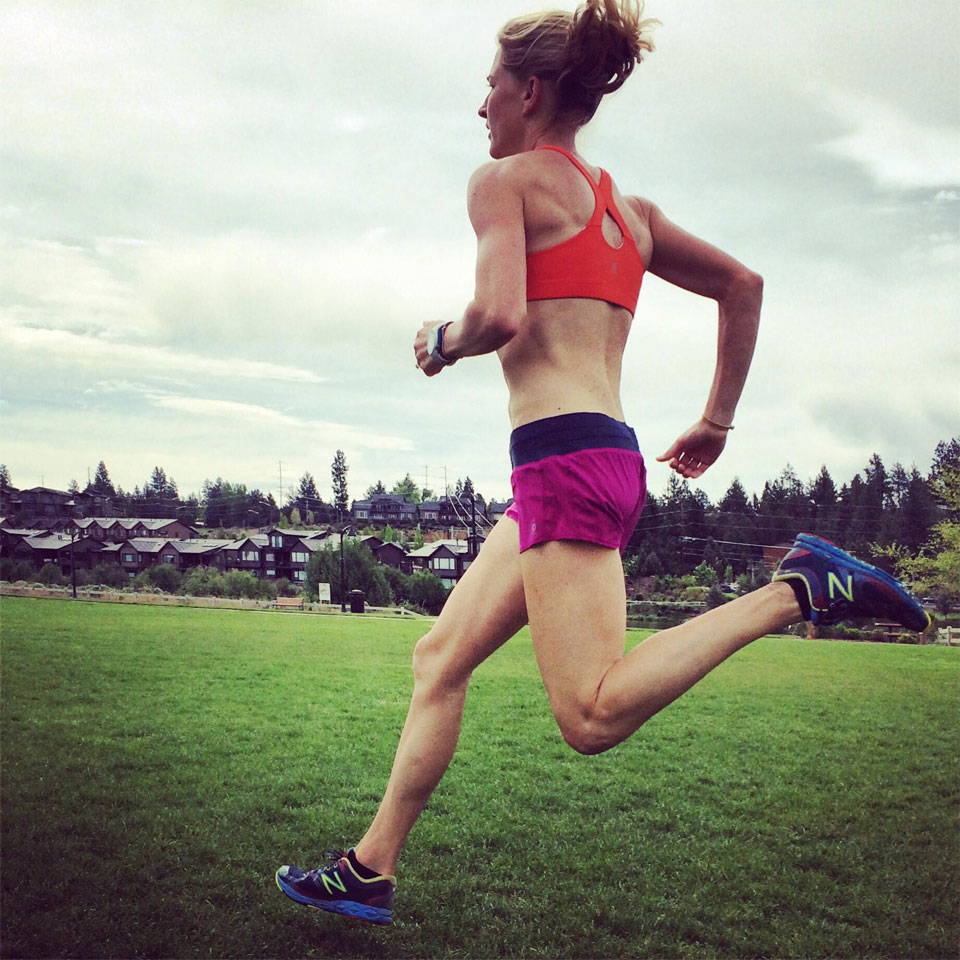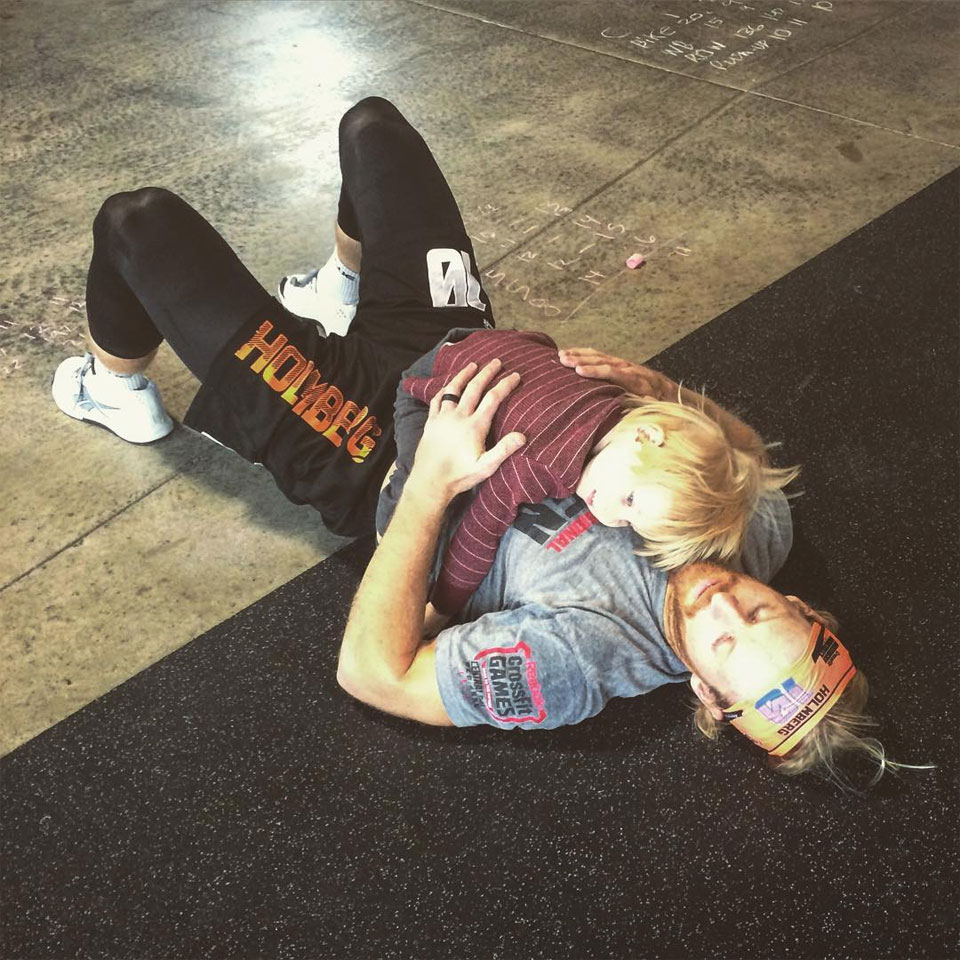Today is Father’s Day, and we know how special relationships between dads and their children are because our readers regularly cite their fathers as the parent to whom they turn for guidance, approval and reassurance.
But there’s a fascinating dichotomy when querying runners about their fathers between those born and raised in Singapore and their counterparts in western societies.
Even behavioural and social scientists agree that trying to compare the two makes as much sense as comparing proverbial oranges and apples!
Is There a Typical Singapore Dad?
As a rule, the older the dad, the more rooted he is likely to be in traditional Asian values. Despite western influence and the passage of time, Singapore society remains deeply hierarchical.
Relationships between dads and offspring rely heavily upon values and obligations, like ancestral respect and loyalty.
Shame and guilt may be used to control and guide offspring, and while open displays of affection between fathers and children have become more commonplace, there’s no comparison to the displays between kids and dads in western societies.
For Asian dads, pride in a child’s athletic prowess is more likely to be shown at home than out in public.

Is There a Typical Western Dad?
Western dads, for lack of a better term, are in transition, which is why the Pew Research Center in the U.S. spends so much time studying “the new American father.” More demonstrative than their Asian counterparts, western fathers aren’t necessarily heads of households and gender role reversal is commonplace.
Western fathers don’t think twice about showing affection in public, especially if they are not the family’s primary wage earner.
Respect, while desired, isn’t as important to American fathers as it is to Asian fathers who are less likely than U.S. dads to skip work to attend a child’s athletic events.

What 6 Traits Do All Dads Share?
- Dads take pride in their children’s performances, whether that pride is shown modestly or boastfully.
- Dads do their best to be on hand to support their children during sporting events and competitions.
- Dads do what it takes to make sure their children have the proper gear to participate in sports.
- Dads encourage their kids and inspire them to put forth their best effort under all circumstances.
- Dads reassure their children that they’re still loved, even if a child loses a race or fails to complete it.
- Dads teach children that losing is a life lesson, not a devastating character flaw.
What Famous Athletes Learned From Their Fathers
Kikkan Randall
The four-time Olympic champion skier credits her dad with helping her learn the importance of overcoming frustration in healthy ways. Her father celebrated her smallest successes to bolster her confidence and instilled in her a sense of pride that made her resilient and strong. Even when she failed, her dad repeatedly reminded her of the pride he feels every time she competes.

Jeff Provenzano
This skydiving and B.A.S.E. jumping daredevil has jumped out of airplanes over 16,000 times, but he was never too old to take his father’s non-jumping advice: Nobody will come looking for you and hand you what you want, he told Jeff — you must get out and earn it!
As a child, there wasn’t a sport in which the skydiver didn’t participate, and his father showed up to see him, win or lose, reminding Jeff that he would never stop believing in him.

Lauren Fleshman
The highly-decorated distance runner’s passion for running was so fierce, she went into the energy bar business, but it’s her dad’s single-minded belief in her ability to succeed that kept her pushing through walls at every turn.
While some dads discourage their daughters from becoming adventurers, Lauren’s dad urged her to push boundaries and overcome fears by facing them head on. His best advice? Fight for your beliefs and don’t let anyone put you down.

Graham Holmberg
He may have once been named the Fittest Man on Earth, but Holmberg credits his dad with giving him the greatest title: beloved son.
The award-winning CrossFit competitor’s father admits to having big expectations when he realized his child was athletically gifted, but showing up consistently for every event (usually before anyone else!) said the most about his love for his little athlete.

Sally Fitzgibbons
Aussie surfer Sally Fitzgibbons won her first title at age 14 and held three world titles by age 16. Thanks to her dad’s encouragement, she became the first female surfer to hold both U.S. and Australian Open titles at the same time.
Fitzgibbons recalls her father’s positive nature. He encouraged her to accept every challenge that came her way, convincing her that there are multiple ways to achieve goals; if one doesn’t work, find another!

Ordinary dads are running heroes, too!
Rob Rueff
When Rueff learned that his son Ryan was diagnosed with autism, he didn’t spend time feeling sorry for either of them. Instead, he turned his passion for running into a shared experience as soon as Ryan could run with him.
He had a hunch that running together would change Ryan’s life, but didn’t expect his son to gain so much confidence or become as physically talented. The two have become so close since they began running together, they’re now pairing up to run marathons!
Ryan again won his age group with a time of 1:19:56 @OrthoIndy 10 miler @500Festival #runchat #autism #indymilers pic.twitter.com/GEmwmiFY3y
— Rob Rueff (@RobRueff) April 9, 2016
Bart Pierce
At age 50-something, Bart Pierce’s body was “a pile of damaged goods” thanks to a lifestyle that included cigarettes, liquor and unhealthy foods. His adult daughter Sarah begged him to exercise with her and he gave in to her pleadings just to shut her up.
Sarah changed her dad’s life that day. He stopped smoking and drinking, changed his diet, lost weight and started running marathons. His blog, “Old Guy Running’s Challengeville” now inspires others, thanks to daughter Sarah who wouldn’t take no for an answer!
Derek Redmond
Despite injuries and losses, 400-meter relay runner Derek Redmond never gave up, so when an old hamstring injury acted up 250 meters from the finish line at the 1992 Barcelona Olympics, he kept going despite agonising pain.
That’s when something powerful and wonderful happened: As he hobbled to the finish line, his father broke through race security lines and, arms holding his son up tightly, the two made it across that finish line together to the cheers of 65,000 people at the stadium.
How has your dad inspired you to be a better runner, person and role model? What has he taught you that you plan to pass along to your own children?





